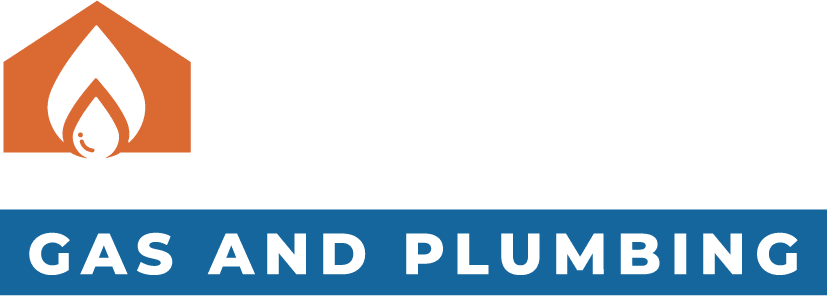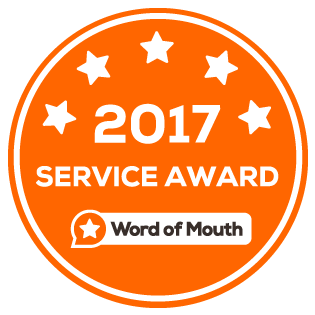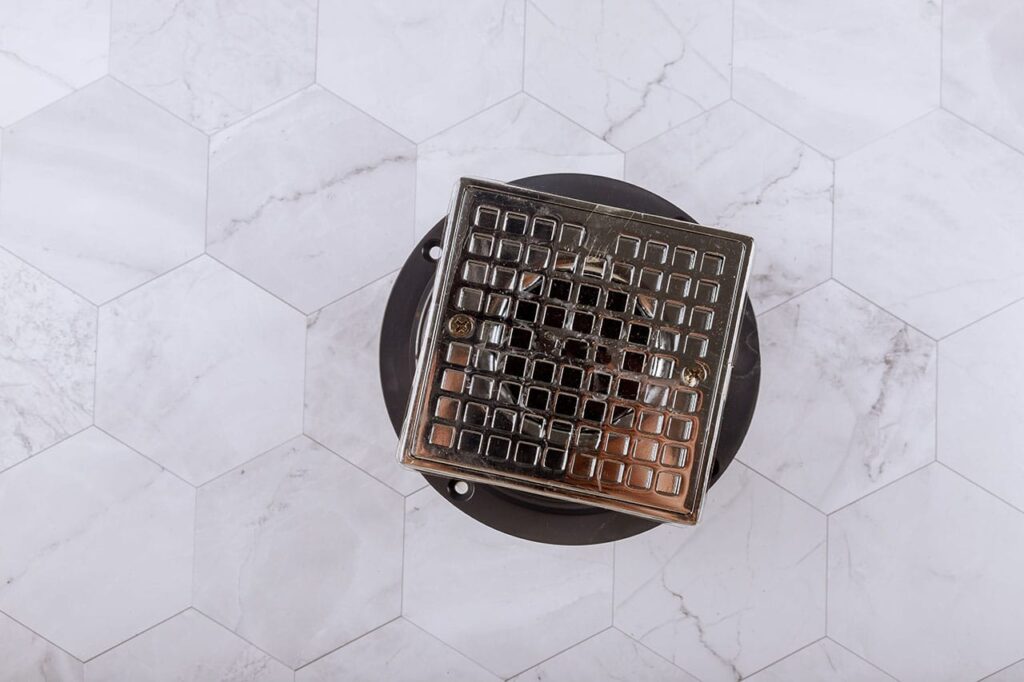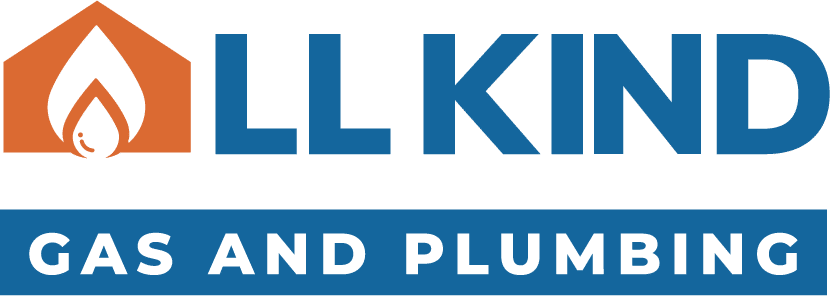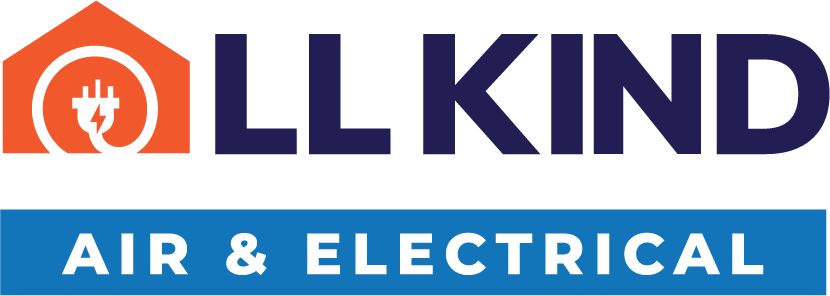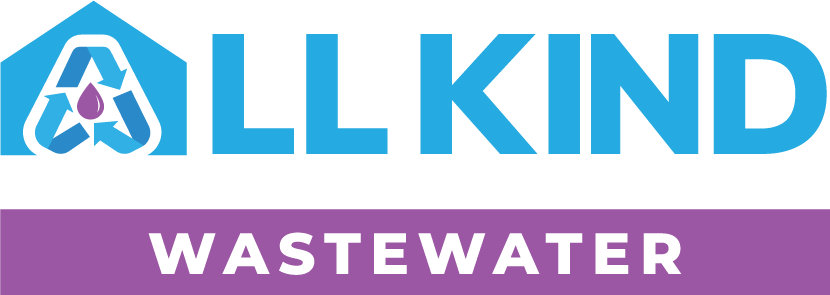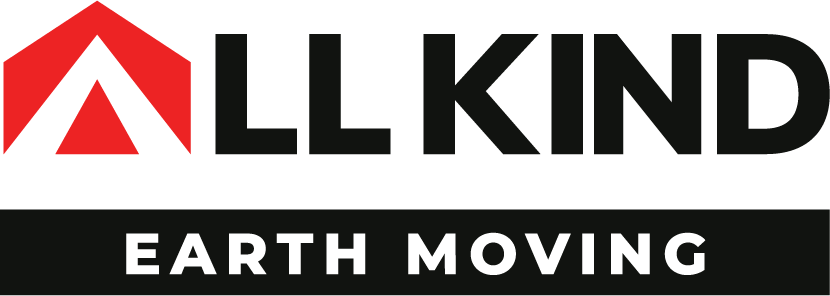Have you ever noticed a strange smell coming from your shower drain? Or perhaps the water is not flowing down quickly and easily as it used to. If this sounds familiar, then chances are you have a blocked shower drain. Don’t worry – I’m here to help! Unblocking a shower drain isn’t complicated or difficult, but it can be quite daunting if you don’t know where to start. In this article, I’ll provide step-by-step instructions on how to unblock your own shower drain in no time at all.
With just a few basic tools and materials that can be found around the house, anyone with minimal DIY experience can complete this task with ease. So why waste money calling out an expensive plumber when you could get the job done yourself? It’s time to take matters into your own hands and learn how to unblock that clogged up shower of yours!
Now let’s get started. By the end of this article, you will have gained all the knowledge needed for confidently tackling any blockage issues involving your bathroom plumbing. Let’s begin by looking at what might cause a blocked shower drain and which supplies we need for clearing it out…
What Are The Signs Of A Blocked Shower Drain
Have you ever had a blocked shower drain? It’s one of those annoying problems that can cause major inconvenience. I know it all too well, as my own shower recently became clogged up with hair and soap scum! After seeing the water start to back up in my bathtub, I knew something was wrong.
The signs of a blocked or clogged shower drain are pretty easy to spot. You may notice an unpleasant smell coming from the area around your tub or shower. In addition, when you take a shower, the water will start to accumulate instead of going down the drain like normal. If this is happening in your bathroom, then there’s a good chance that you have a clog in your shower drain.
Fortunately, there are several ways to unclog a shower drain without having to call in professionals or use harsh chemical cleaners. The key is finding the right solution for your particular problem – whether it be using a store-bought cleaner or trying out some DIY solutions. Next, we’ll explore some DIY solutions for unblocking a shower drain so that you can get back to taking showers worry free!
DIY Solutions For Unblocking A Shower Drain
One of the easiest DIY solutions for unblocking a shower drain is to use a drain snake. This tool can be used to break up clogs in your pipes, allowing water and other debris to flow freely down the drain again. If you don’t have access to a drain snake, then there are still some viable options that won’t require any expensive tools or supplies.
If your shower drain is clogged with soap scum or hair, one solution is to try using white vinegar and baking soda. Start by pouring a cup of baking soda down the affected drain followed by half a cup of white vinegar. Allow this mixture to sit for about an hour before flushing it out with hot water. The combination of these two ingredients should help dissolve whatever buildup may be causing the blockage in your shower pipe.
Another option would be to attempt clearing away the obstruction manually with something like a wire coat hanger. Simply unbend the hanger and push it into the blocked area as far as possible until you feel resistance from whatever material has caused the clog. Make sure not to push too hard – if you’re unable to remove anything after several attempts, then stop and try another approach instead! You could also combine both methods by first trying vinegar and baking soda followed by manual removal if necessary; this might just do the trick!
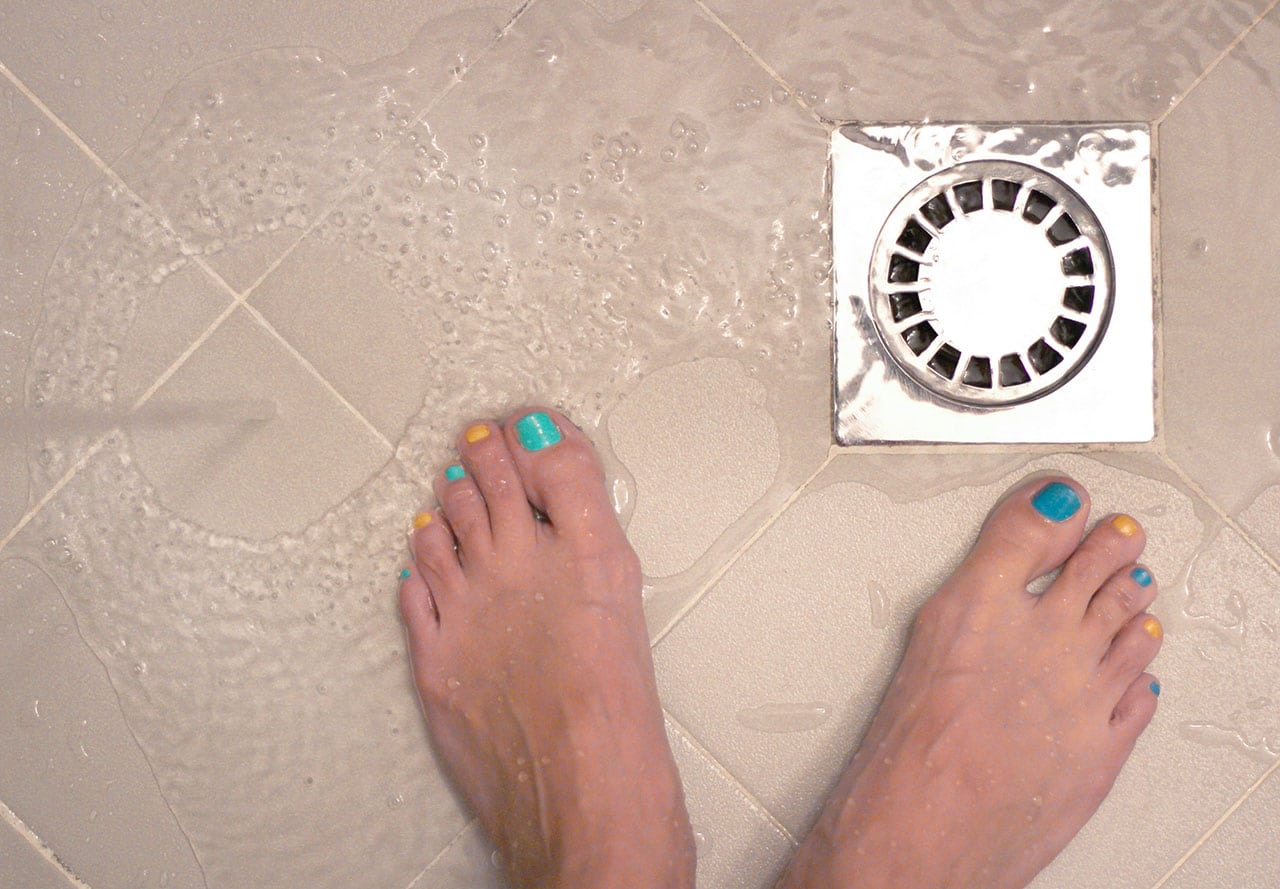
Common Causes Of A Clogged Shower Drain
Clogged shower drains can be a nuisance and there are several possible causes for them. One of the most common culprits is hair, which tends to accumulate inside pipes over time and form clumps that block water from flowing through. If you suspect this may be the issue with your own drain, then it’s best to use a flashlight so that you can see if any visible clumps of hair are present in the affected area.
Another potential cause could be debris buildup that has accumulated around bathtubs or showers due to improper cleaning or maintenance. This material – also known as drain scree – builds up on walls, floors and even in pipes, causing blockages as it accumulates over time. To avoid this problem altogether, make sure to clean your bathroom regularly by scrubbing down surfaces and paying close attention to areas where dirt likes to hide such as corners and crevices.
Finally, issues like tree roots infiltrating sewer lines or broken plumbing fixtures can also result in blocked drains. While these types of problems will require professional help, taking preventative measures such as regular cleaning should go a long way towards avoiding more serious issues later on.
Top DIY Methods To Clear Your Blockage
Using A Plunger
Using a plunger is another popular way to unclog your shower drain. It’s relatively simple, and all you need is an appropriate size plunger for the job. Start by filling your sink or bathtub with enough water so that the cup of the plunger can be completely submerged in it. This creates a tight seal around the clogged area when using the plunger. After this, vigorously pump up and down several times until you feel resistance release from inside the pipe.
If this doesn’t work after several tries then try plugging any other nearby drains in order to create more suction power over the affected one. Then repeat the same plunging motion as before – pushing hard up and down repeatedly– until you notice some improvement in draining speed or even complete clearance of blockage material. Let it sit for 10 minutes afterwards just to make sure everything has cleared out properly before running hot water through again as normal.
Once done, if you’re still having trouble getting things flowing freely, consider trying out boiling water instead of just hot water at this point too since it can help break apart anything that may remain stubbornly stuck within your pipes due to its extreme heat properties. Boiling water combined with a good plunge session should do wonders for clearing up most clogged shower drains!
Utilising A Drain Snake
If plunging doesn’t do the trick, then it may be time to reach for a drain snake. This tool is designed to help clear out clogged drains and can be incredibly effective when used correctly. To begin using your drain snake, first remove the drain cover from your shower or bathtub with a screwdriver before inserting the metal cable into the opening at an angle. Slowly push the coil further down until you meet resistance – this should indicate that you’ve located the blockage. Now twist and turn the handle of your snake in order to break up any buildup within pipes while pulling back on its length as needed; doing so will eventually release whatever was causing issues in no time!
Once finished, flush everything through with boiling water if possible and follow up by plunging again just to make sure all debris has been cleared away properly. If none of these steps are successful however, then it would probably be best to call a plumber at this point who can utilize more precise tools depending on what type of material is blocking up your drainage system.
Chemical cleaners can also be used as a last resort option but they come with their own set of potential risks (such as corroding pipes) so it’s important to exercise caution here if going down this route.
Using Baking Soda And Vinegar
If you’re looking for a simple and cost-effective way to unblock your shower drain, then consider trying out the baking soda and vinegar method. This do-it-yourself approach requires only two common household ingredients – baking soda and distilled white vinegar – and has been known to help clear up clogged drains in many cases.
To begin, start by pouring one cup of vinegar down the affected drain. After that, sprinkle about 1/2 cup of baking soda into the area as well. The combination of these two substances will create an active fizzing reaction that should help break apart any blockages present inside the pipes. Let this mixture sit for 15 minutes before running hot water down the drain to flush away whatever debris may have been loosened up from the reaction.
Finally, if you want to give this process even more power behind it, try using boiling water instead of just hot water when flushing out the mixture after it’s had time to work its magic. Boiling water can be especially effective at breaking apart stubborn blockage material so don’t skimp on this step if possible!
TIP: Make sure not to pour too much baking soda or vinegar down your shower drain all at once as this could cause overflows or other plumbing issues due to overfilling your pipes with foam created by the bubbling action between these two substances.
Chemical Cleaners For Drains
When it comes to unblocking your shower drain, sometimes the old-fashioned methods just don’t cut it. It can feel like water down the drain trying traditional techniques and hoping for a miracle cure! But if you want to get serious about breaking through stubborn clogs, then chemical cleaners could be the key that unlocks your problem.
Soap scum buildup within pipes is one of the most common causes of blocked shower drains and this type of clog can be particularly difficult to remove without using some sort of cleaning solution. There are many different types available, ranging from simple baking soda mixtures to more specialized products designed specifically for clearing out blockages in plumbing systems. Just make sure to flush the drain with plenty of hot water after each use, as these chemicals can cause corrosion if allowed to sit too long inside pipes.
If the issue persists even after attempting all these solutions (and replacing your existing drain stopper), then consider calling in an expert plumber who may suggest other alternative measures such as hydro jetting or snaking before resorting to chemical cleaners for drains. This way you’ll know that whatever’s causing problems won’t come back any time soon – giving you peace of mind while saving both time and money in the process!
Boiling Water For Clearing Blockages
If chemical cleaners aren’t your thing, then you can always try boiling hot water as a different way to unblock a shower drain. It’s an age-old method of clearing out clogs and it might be just the trick if other options have failed. All you need is some patience and access to a pot or kettle full of boiling water – no fancy tools required!
Simply fill up your container with enough liquid so that it easily covers the opening of your drain without overflowing. Then slowly pour the hot water down into the blocked area one cup at a time until you’ve used all of it. If the water still isn’t draining away properly, then add in 1/2 cup baking soda followed by another round of boiling hot water. This should help loosen any stubborn material stuck in there and clear out blockages further down inside your pipes too.
Once everything has been flushed through, take a moment to make sure that nothing else is blocking your drain before giving the plug one final pull. And voilà – now you know how to unblock a shower drain without having to rely on harsh chemicals!
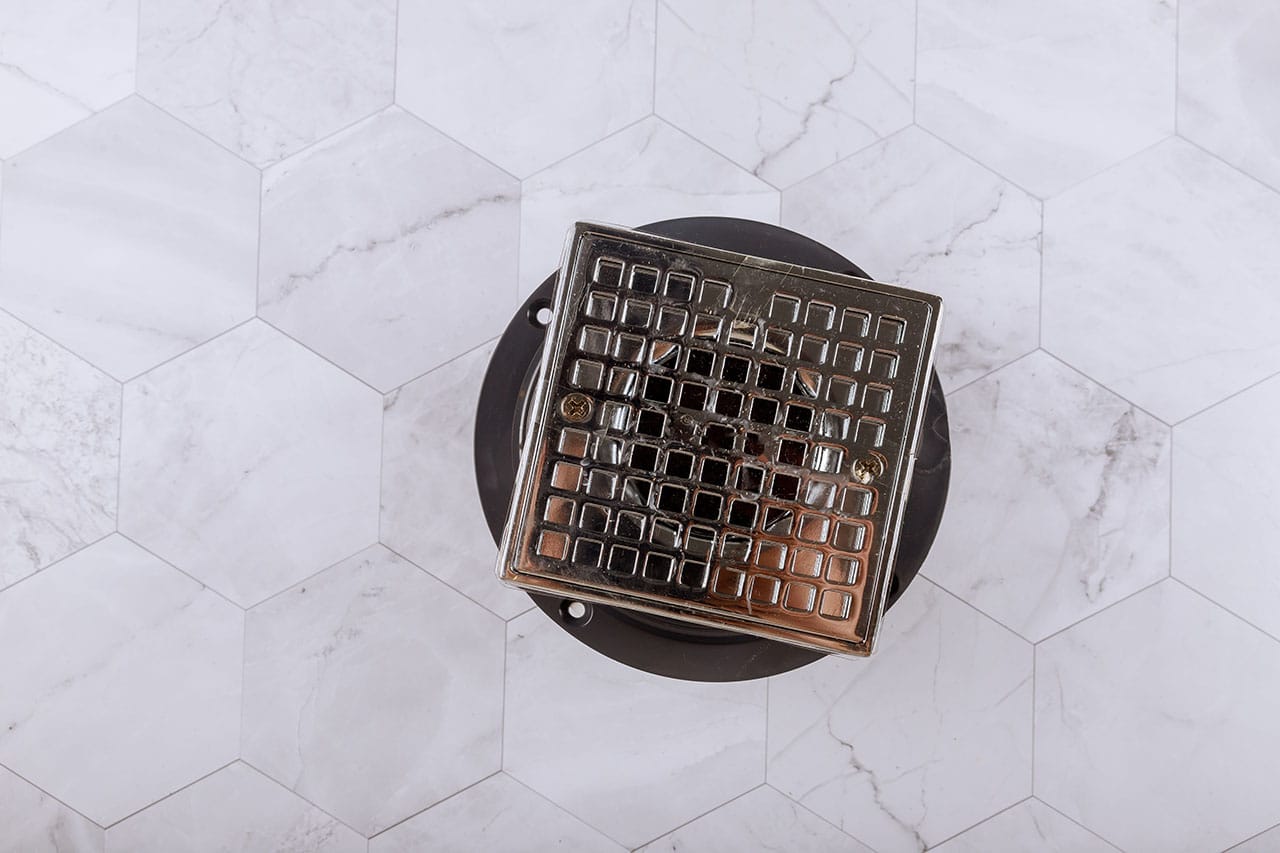
How To Prevent Drains From Clogging Again In The Future?
It’s no fun dealing with blocked drains, but luckily there are some measures that you can take to ensure your shower drain stays free-flowing for as long as possible. By following a few simple steps every month or so, you’ll be able to stop clogs from forming and reduce the need for chemical cleaners or hot water treatments in the future.
To prevent clogging up your pipes, start by checking the state of your bathtub or shower drain plug often. If it’s not sealing properly then replace it right away – otherwise you could end up with a build-up of debris around the edge. Another good idea is to attach a small drain screen over the opening so that any hairs or other materials don’t get washed down into the pipes where they might cause blockages further downstream.
Finally, make sure you’re running enough water through your system each time you use it. Fill the tub or shower before turning on the tap, and allow all of the water to flow out freely after use; this will help carry away any dirt or soap residue that might accumulate inside your plumbing fixtures. Finally, if you want an extra layer of protection against nasty clogs, consider pouring a mixture of white vinegar and baking soda followed by boiling water down the drain once every couple of months – just make sure to look down into it first before adding liquids!
Standing Water In Your Shower – What You Should Do Next?
When standing water starts to accumulate in your shower, it can be a sign of a blocked drain. If you want to know how to unclog a shower drain and get rid of the excess water, then here are some useful tips that could help:
- Use Hot Water – Pour hot (not boiling) water down your clogged drains periodically as part of an ongoing home improvement effort. This is one of the simplest ways to unclog your shower drain over time and can also help loosen any debris around the edges of the pipe.
- Use a Plunger – A plunger might not seem like much but it’s actually surprisingly effective at getting rid of blockages in showers. Make sure there’s enough water present so that when you plunge it creates suction – if necessary add more hot water from the tap first before giving this technique a go.
- Remove the Drain Plug – Another way to unclog your shower drain is by using a screwdriver or other tool to remove the plug cover, if possible. Once removed, take out any accumulated debris such as hair or soap scum with tweezers or another appropriate tool; then put everything back together again carefully afterwards!
- Call for Professional Help – If none of these methods work, it may be best to call in professionals who have better tools and knowledge on how to tackle stubborn blockages effectively.
In short, there are various ways you can unclog your shower drain and reduce standing water levels. With regular maintenance such as draining hot water down your pipes every month or two, plus careful attention given while cleaning them regularly, you should be able to keep your plumbing system running smoothly without too many problems occurring in future.
What To Do If You Can’t Clear It Yourself?
Sometimes, a clog can be so stubborn that it’s impossible to get rid of it yourself. If this is the case, you should call in a professional plumber who will have the right tools and skills to do the job correctly. One method they might use is snaking into the drain – which involves inserting a flexible metal cable with an auger head at one end, down your shower drain until it contacts whatever is causing the clog. The auger then breaks up or removes whatever is blocking the pipe.
You may also need to look down the drain from above if there’s any amount of hair preventing water from flowing through properly. A plumber can do this by using mirrors and lighting systems that allow them to see what’s going on inside without having to dismantle anything else around it. This technique will help identify exactly what needs sorting out and how best to go about doing it quickly and efficiently.
Whatever your issue is with your shower drain, calling in a qualified expert is often necessary for getting everything back in working order again. They’ll know how much force and pressure to apply when dealing with these issues safely and accurately – something you’re unlikely to be able to do yourself unless you have experience in plumbing work! So don’t hesitate; if you need a drain unblocked, contact a plumber as soon as possible.
Frequently Asked Questions
How Long Does It Take To Unblock A Shower Drain?
Unblocking a shower drain can be a tricky and time-consuming task. It’s important to know how long it will take so you can plan your day accordingly. The amount of time it takes to unblock a shower drain depends on the type of blockage and the tools you have available.
For minor blockages, such as hair or soap buildup, an hour should be enough time to clear the clog. You’ll need some basic plumbing tools like a plunger and an auger but if you don’t have them handy, there are plenty of DIY techniques that may do the trick. If these fail, however, then it may be best to call in a professional plumber for help.
In more serious cases where tree roots or broken pipes are causing the blockage, expect to spend several hours trying to remove it. This is especially true if major excavation work needs to be done, which could add even more time onto the project. A plumber will usually have access to specialized equipment that makes clearing blocked drains much easier and faster than attempting this yourself. So even though tackling a tougher job with limited resources might seem appealing at first, consider calling in reinforcements when dealing with larger issues – not just because they’re better equipped but also because they’re experienced professionals who know what they’re doing!
Is It Safe To Use Chemical Cleaners For Drains?
It’s a slippery slope when it comes to unblocking drains. You may think you have all the answers, but if you don’t know what you’re doing, you could be heading for trouble. Chemical cleaners can seem like an easy fix for drainage issues, however these solutions are not without risks – is it safe to use them?
Chemical drain cleaning products contain powerful ingredients such as bleach and lye which should only ever be used with caution. These substances can cause serious damage to pipes if misused or over-applied, making matters worse rather than better. In some cases they may also harm humans too, particularly those with respiratory conditions or allergies. It’s important to assess the situation before taking any drastic measures – otherwise you might find yourself in deep water!
The most effective way to ensure your safety and that of your drains is by tackling blockages manually first. To do this successfully requires real skill and determination; a little elbow grease goes a long way here! Here are some tips:
- Use a plunger on either side of the pipe to create suction
- Clear out roots using specialised tools
- Manually remove debris from the pipework
- Check the outside of the pipe work for signs of corrosion
These steps will help restore flow while saving time and money – allowing even novice plumbers to gain mastery over their own drains!
Will Boiling Water Damage My Pipes?
Boiling water can help unclog a drain, but it’s important to be aware of the potential risks that come with using this method. Here’s what you should consider when deciding whether or not to use boiling water for your clogged shower drain:
- Temperature: Boiling water is hot enough to damage some types of plumbing pipes. It’s best to err on the side of caution and test out a small amount first before pouring in larger amounts.
- Pressure: Boiling water has more pressure than cold water, so if there are weak seals around the pipe joints then they could fail under the extra force from the boiling water. This could cause severe leaks that would need professional repair work.
- Time: If you are dealing with an older system, it may take longer for the hot water to heat up inside the pipes which means it won’t be as effective at breaking up any blockages that exist further down in the line. In addition, if you leave boiling water sitting in a pipe for too long it could corrode metal parts over time.
So while boiling water might seem like an easy solution, it may be worth contacting a plumber instead who can provide advice on clearing your blocked shower drain safely and quickly without risking any additional damage to your piping system.
Is It Difficult To Use A Drain Snake?
Unblocking a shower drain can seem like an impossible task. Trying to use a drain snake to tackle the issue? That looks even more daunting! But is it really that hard to do? Let’s find out!
Using a drain snake isn’t just difficult, it’s downright intimidating! Are you brave enough to attempt this Herculean feat? You’ll need nerves of steel and confidence in your abilities. It will take time and patience as well since you have to slowly maneuver the coil down through all those twists and turns. The thought alone can make your head spin – or worse, cause the dreaded DIY paralysis panic attack!
But don’t worry – with some practice you can be unblocking shower drains like a pro in no time. Just think of it as another challenge to add to your collection of skills; something else you can say “I did that myself” about once completed. So go ahead: face your fears and get ready for action – because with the right tools and attitude, there’s nothing stopping you from mastering this essential plumbing skill.
What Are The Most Common Causes Of A Clogged Shower Drain?
Have you ever had a shower clogged up so badly that the water barely drains out? It’s an awful feeling, and it can be difficult to know what caused the blockage in the first place. Knowing the most common causes of a clogged shower drain can help you prevent your pipes from becoming blocked again.
So, what are some of these common culprits behind a clogged-up shower drain? Here is a brief list:
- Accumulated hair: One of the biggest offenders when it comes to blocked showers are stray hairs left on soap or shampoo bottles which find their way down the plughole.
- Too much soap: Overusing bath products like bubble bath and body wash can lead to build-ups in your plumbing system and cause serious damage over time.
- Clumps of dirt: Dirt particles may accumulate around the edges of a shower drain if not cleaned often enough, leading to nasty blockages.
No one wants to live with a blocked shower for any longer than necessary – but knowing where problems tend to arise makes it easier to stay ahead of them. The best thing you can do is keep an eye out for any potential issues before they become too big – cleaning regularly and using less harsh soaps will go along way towards keeping your drainage clear!
Conclusion
At the end of it all, you can have a clean and clear shower drain. Unblocking a shower drain is actually not as difficult as you may think – with just a few simple steps and some basic tools, you’ll be able to open any clogged up drains.
Your first step should always be to identify what caused the blockage in the first place. This will help you decide which unclogging method works best for your situation. Once that’s done, you can test out different methods such as using boiling water or chemical cleaners before settling on one that works well for your pipes. And if nothing else seems to work, don’t forget about using a drain snake!
So now we come back to our original question – how long does it take to unblock a shower drain? The answer really depends on what kind of blockage you are dealing with and which method you choose to use. But rest assured, once you find the right approach, it won’t take long at all until I’m enjoying my hot showers again!
